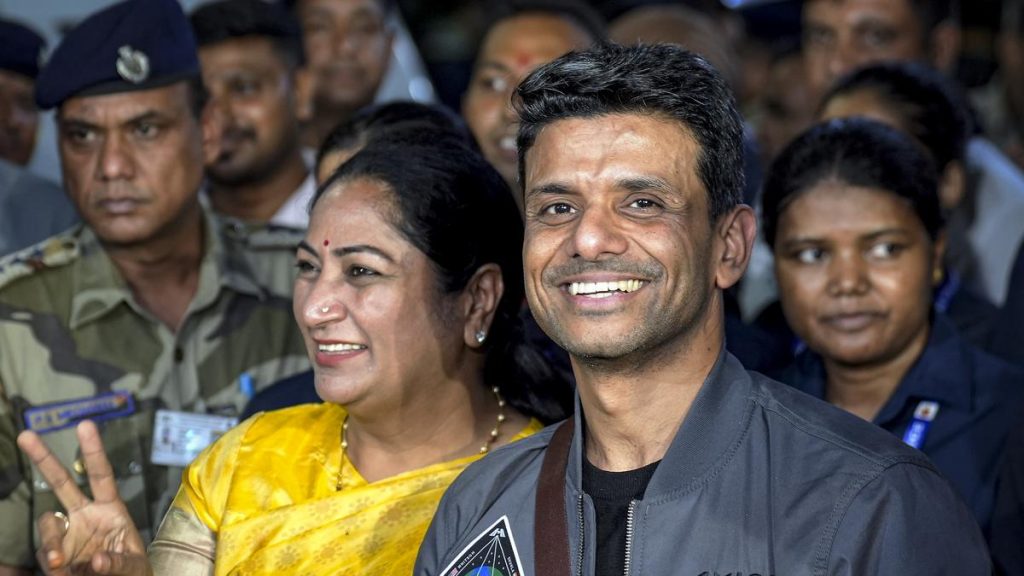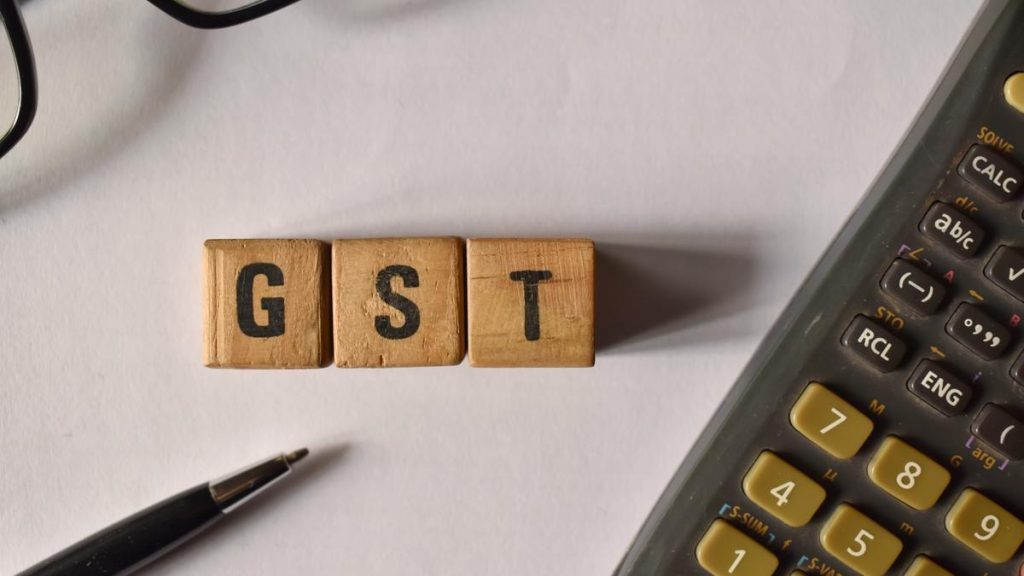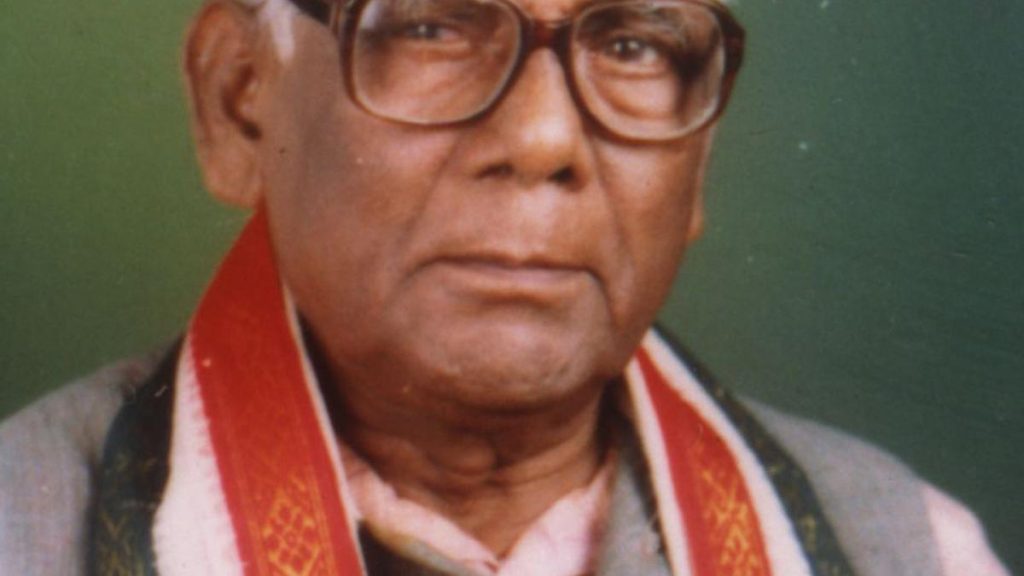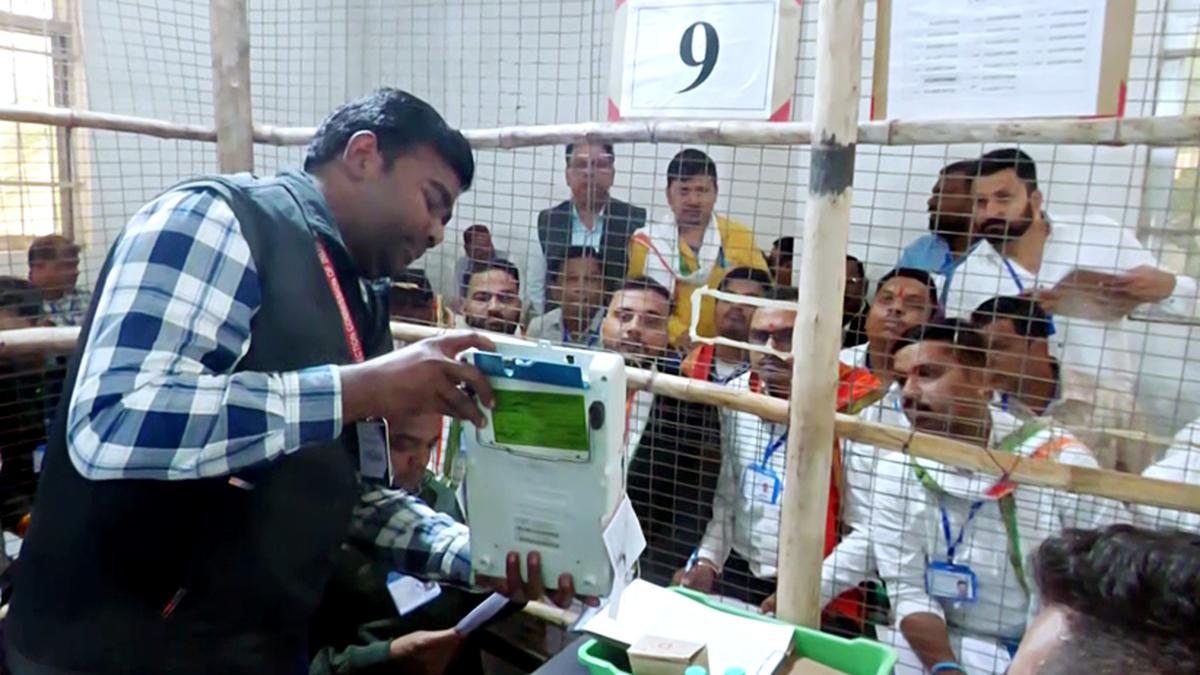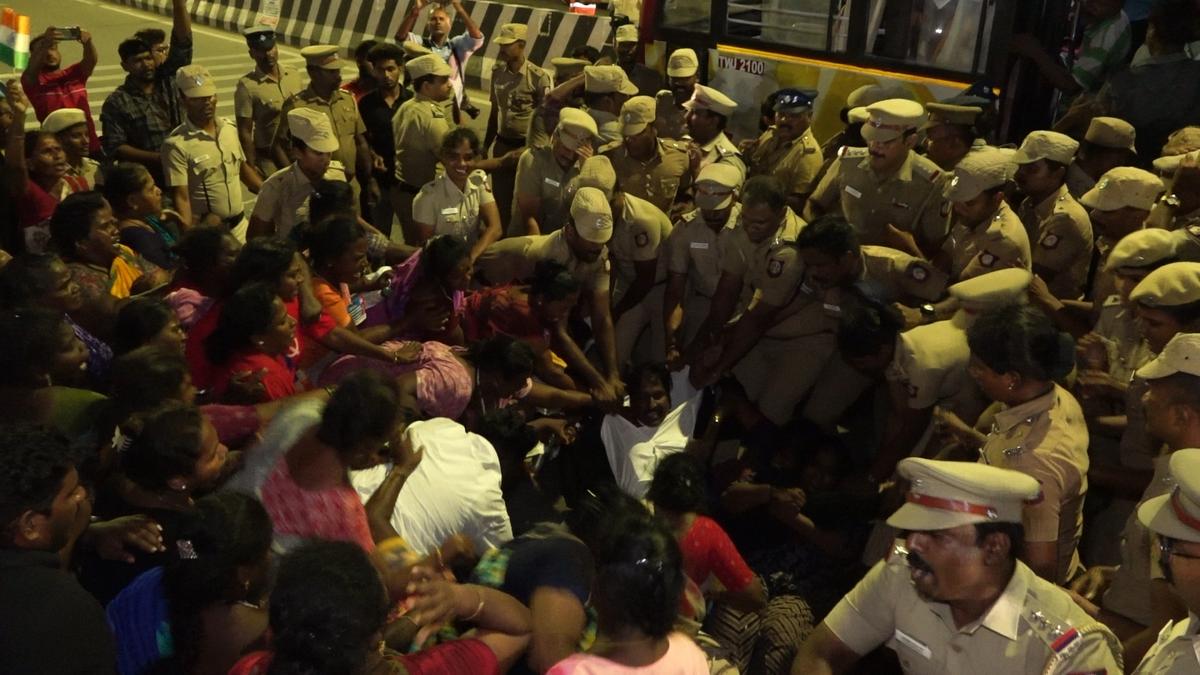Now Reading: 8.87 Lakh Women Benefit from Andhra Pradesh’s Free Bus Ride Scheme on Day 2
-
01
8.87 Lakh Women Benefit from Andhra Pradesh’s Free Bus Ride Scheme on Day 2
8.87 Lakh Women Benefit from Andhra Pradesh’s Free Bus Ride Scheme on Day 2
Speedy Summary
- Andhra Pradesh launched the ‘Stree Shakti’ free bus travel scheme for women and transgender persons on August 15.
- on August 16, over 8.87 lakh women availed of the scheme, compared too 75,906 on its launch evening.
- The APSRTC reported earnings of ₹28 lakh from zero-fare tickets on August 15 and ₹368.81 lakh by midday August 16 from all passengers using applicable buses.
- Free travel is available in five bus categories: Palle Velugu,Ultra Palle Velugu,City Ordinary,Express,and Metro Express services.
- APSRTC Managing Director Ch. Dwaraka Tirumala Rao expects usage to increase after holidays end on Monday (August 18).
- Autorickshaw drivers expressed concerns about financial losses due to reduced passenger demand for shared rides; A.P. Pragatisheela Auto Motor Workers’ Federation estimates a potential loss of up to 60-70%.
- The federation highlighted pre-existing challenges from ride-hailing apps such as Uber and Ola and urged government intervention.
Indian Opinion Analysis
The ‘Stree Shakti’ scheme reflects a significant effort by Andhra Pradesh’s government to promote mobility for women and transgender persons while reducing their transportation costs. early data signals strong public interest in the initiative despite its soft launch coinciding with a holiday period. As it scales up in daily use post-holidays, the program could advance gender equity goals by improving access to education, healthcare, jobs, or social engagements for marginalized groups.
However, unintended consequences merit attention: autorickshaw drivers anticipate steep losses due to reduced ridership-an issue compounded by competition from ride-hailing platforms like Ola and Uber already impacting their earnings substantially over time. This introduces tension between promoting public welfare through schemes like Stree Shakti while ensuring support mechanisms exist for othre stakeholders affected economically.
Balanced policies-possibly compensatory measures or incentives for choice livelihoods-could help bridge gaps between these objectives without undermining one group over another.


